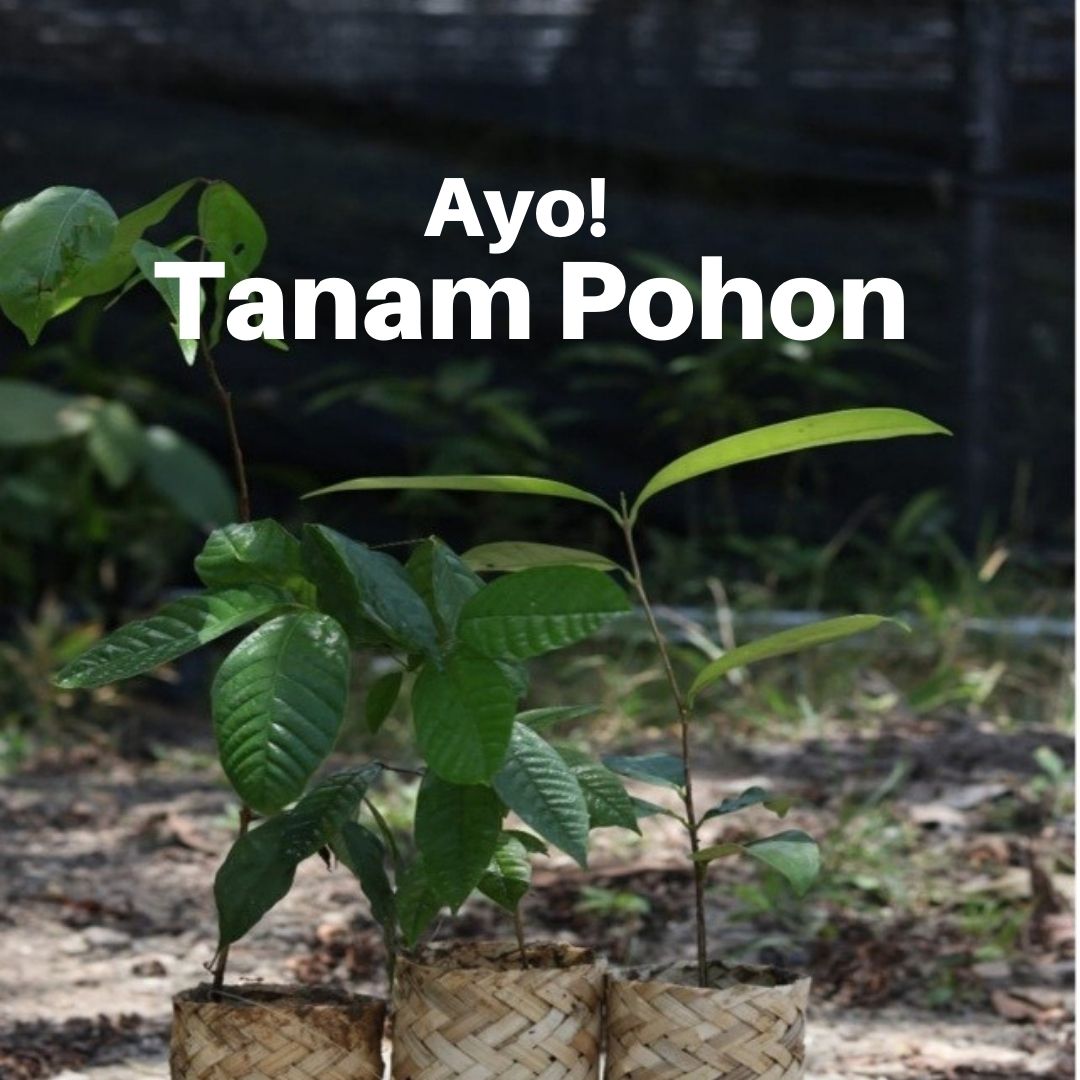A transparent and accountable audit process by Conformity Assessment Bodies (CAB) is one of the advantages of the Indonesian Legality and Sustainability Verification System (SVLK) so that it can support better forest governance.
Karina Restu Panggalih, Sustainable Forest Management Auditor at PT Mutuagung Lestari, one of the CABs, said that based on the regulations of the Minister of Environment and Forestry, an institution can become a CAB after receiving accreditation from the National Accreditation Committee (KAN).
“Accreditation is based on the international standard ISO17065 in 2012 regarding the criteria for financial institutions implementing product, process and service certification systems,” said Karina during a discussion between the CAB Forum and a delegation of forestry experts from Laos in Jakarta, Tuesday 24 October 2023.
The Lao delegation visited Indonesia to study the implementation of SVLK facilitated by the German Agency for International Cooperation (GIZ), the German Development Bank (KfW), and the European Forest Institute (EFI). Members of the delegation included the national government, provincial governments, academics, business actors and civil society organizations (NGOs).
Before meeting the CAB Forum, the Lao Delegation visited the Ministry of Environment and Forestry (KLHK) and held a meeting with forestry business associations. They also held meetings with Indonesian NGOs which are independent monitors of SVLK and will make field visits to East Java.
Karina explained that the SVLK audit refers to the regulations set by the Ministry of Environment and Forestry. These regulations are Minister of Environment and Forestry (KLHK) Regulation No. P.08/2021 concerning Forest Management and Preparation of Forest Management Plans and Minister of Environment and Forestry Decree No. 9895/2022 concerning Standards and Guidelines for Implementing the Legality and Sustainability Verification System (SVLK).
“SVLK is implemented through two activities, assessment for sustainable forest management and legality verification for forest products,” said Karina.
Riasman Damanik, Senior Lead Auditor of PT Sucofindo, also a CAB, explained that the verification process will be carried out on wooden products destined for the export market. “CAB, which is tasked with being the licensing authority, will issue FLEGT Licences for the European Union market and V-Legal Documents for non-EU markets,” said Riasman.
He also stated that the obligation to comply with SVLK also applies to imported wooden products so that it can prevent opportunities for greenwashing.
Meanwhile, in a meeting with a number of NGOs in Bogor, the Lao delegation also received an explanation about the role of NGOs in monitoring SVLK implementation.
Bob Purba, Executive Director of Forest Watch Indonesia (FWI), emphasized the important role of NGOs as independent SVLK monitors. “NGOs carry out monitoring functions to maintain the integrity of the SVLK,” he said.
To be able to take on the role of an independent SVLK monitor, an NGO must be registered with the Ministry of Environment and Forestry. According to Bob, the NGOs that carry out SVLK monitoring formed the Independent Forestry Monitoring Network (JPIK) in 2010. Initially, there were 29 NGO involved, now JPIK consists of 66 NGOs and 548 individuals spread across 25 provinces.
Bob explained that independent monitoring NGOs will report to the Ministry of Environment and Forestry as the regulator if they find suspected cases of non-compliance by SVLK certificate holders. The report submitted will be followed up with the revocation of the certificate if the inspection results show that a violation has occurred. As a consequence, the former certificate holder is banned from trade in verified legal supply chains.
According to Bob, apart from going through the SVLK route, suspected non-compliance is reported to law enforcement officials so that perpetrators of violations will receive stricter sanctions, including fines and criminal sanctions.
- Indonesia’s Environment Ministry Launches SiPPEG to Strengthen Sustainable Peat Management
- Indonesia Aims To Boost Wood Products Exports to the US Market
Meanwhile, Khamfeua Sirivongs, Deputy Director General of the Department of Forest Inspection Laos, explained that Laos also has a timber legality assurance system (TLAS) as proof of its commitment to ensuring the legality of domestically traded and exported timber while supporting sustainable forest management.
“Laos TLAS has become part of the Forestry Law which requires all timber to be produced and traded legally,” he said.
Sirivongs stated that Laos learned a lot from the development and implementation of SVLK in Indonesia. Laos also studied how Indonesia succeeded in reaching a voluntary partnership agreement for forest law enforcement, governance, and trade in the forestry sector (VPA-FLEGT) with the European Union and becoming the first country in the world to issue FLEGT licenses that meet the EU Timber Regulation requirements. ***



